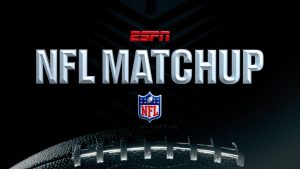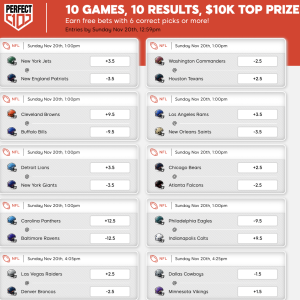In sports betting, knowledge isn’t just power – it’s the key to beating the odds. While luck plays its part, the real winners place their bets with a thorough understanding of the game and its nuances. It is where sports betting books come into play, offering a goldmine of strategies, insights, and expert advice. Let us show you how these books can transform your betting game from a game of chance to a calculated art.
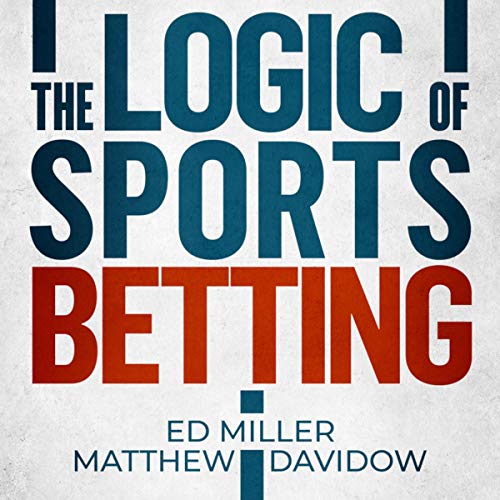
The Basics of Sports Betting
Understanding the basics of sports betting is like laying the foundation for a house. With this knowledge, the structure of informed betting strategies can stand. The language of sports betting is filled with specific terms and concepts essential to grasp.
👉 To deepen your understanding of football betting strategies, check out “Mastering the Game: Understanding Football Bet Types“.
Understanding Odds
Odds are the most fundamental concept in sports betting. They are numerical representations of the probability of a particular outcome in a sports event. For example, if a team has odds of 2:1 to win a game, it means for every $1 you bet, you’ll win $2 if that team wins. Odds are not just about potential winnings; they also indicate the perceived likelihood of different outcomes by the bookmakers.
Spreads – Leveling the Betting Field
Spreads, or point spreads, make betting on uneven matchups more interesting. For example, if Team A is heavily favored to beat Team B, a bookmaker might set a spread of 5 points. It means Team A must win by more than 5 points for a bet on them to pay out. It’s a way of “leveling the playing field” and making both outcomes (winning by more or less than the spread) equally appealing to bettors.
Moneyline Bets – The Straightforward Approach
The money line is the simplest form of sports betting. It involves betting which team or player will win a match outright without any point spread. The odds for moneyline bets are expressed in terms of money risked or won on a $100 bet. For example, a -150 money line means you must bet $150 to win $100, while a +150 money line means a $100 bet will win you $150.
Regional Variations in Sports Betting
The legal and operational aspects of sports betting can vary significantly across regions. In places like Las Vegas, sports betting is a well-established industry, with specific rules and practices. Bookmakers in Vegas are known for their comprehensive sports coverage, offering various betting options and types.
In contrast, European sports betting has its own set of rules and traditions. For instance, football (soccer) betting is top-rated, and the market offers various forms like accumulators and in-play betting. Understanding these regional differences is crucial for compliance with legal standards and making informed bets. Different regions have different ways of displaying odds (such as fractional odds in the UK and decimal odds in Europe), and knowing how to interpret these is essential.
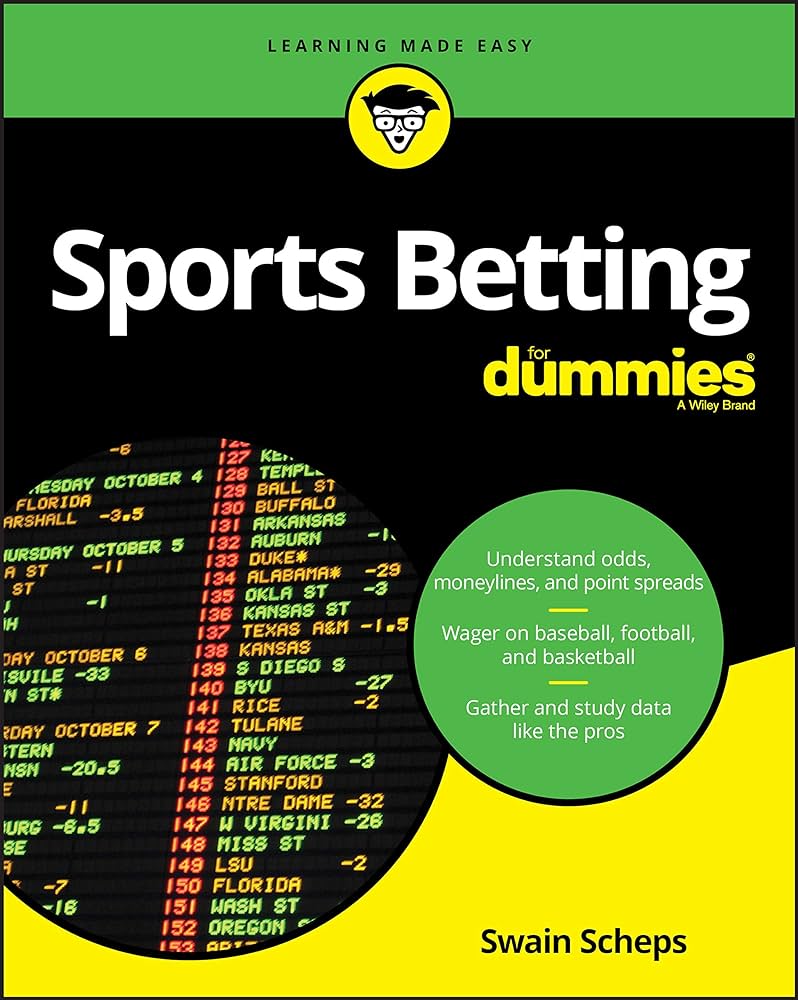
The Importance of a Solid Foundation
As one would only attempt to run a marathon after first learning to walk, diving into advanced sports betting strategies without understanding these basics is unwise. A solid grasp of odds spreads and moneyline bets forms the bedrock upon which successful betting strategies are built. Informed bettors have a foundational knowledge of different regions’ legal and operational nuances.
Role of Books in Sports Betting Education
While the internet is aflush with articles and sports betting forums, books offer more depth. A well-crafted sports betting book provides a structured approach to learning, often penned by experts who have spent years in the field. These books offer comprehensive insights, from betting basics to advanced analytics and strategies. They are invaluable for anyone serious about understanding the game beyond mere chance.
Top Sports Betting Books and What They Offer
Several seminal works in sports betting cater to both novices and seasoned bettors. Books like “Sharp Sports Betting” by Stanford Wong are perfect for beginners, offering a clear introduction to the basics. For those delving into analytics, “Conquering Risk: Attacking Vegas and Wall Street” by Elihu D. Feustel provides a more advanced perspective, bridging the gap between sports betting and financial investment strategies.
Each book has its unique approach. Some may focus on the psychological aspect of betting, like “The Psychology of Sports Betting” by Richard Wiseman, which explores the mindset of successful bettors. Others, like “The Logic Of Sports Betting” by Ed Miller and Matthew Davidow, might delve into the intricacies of how sportsbooks set lines and odds.
Reader reviews and expert testimonials often highlight the practical applications of these books, noting real-world success stories and the development of more informed betting strategies.
Applying Book Knowledge to Real-World Betting
The real test of any sports betting book is in its application. Practical scenarios in the world of sports betting are often complex and unpredictable. It is where book knowledge needs to be supplemented with critical thinking and adaptability. For instance, a strategy outlined in a book may need tweaking to fit a particular game or betting style. It’s about taking the theoretical knowledge and molding it to fit the dynamic world of sports betting.
Staying Updated: The Ever-Evolving World of Sports Betting
Sports betting is not static; it’s an ever-evolving field. While books provide a solid foundation, staying updated with the latest trends, statistics, and information is vital. Regularly engaging with current resources, online forums, and sports news can complement the foundational knowledge gained from books.
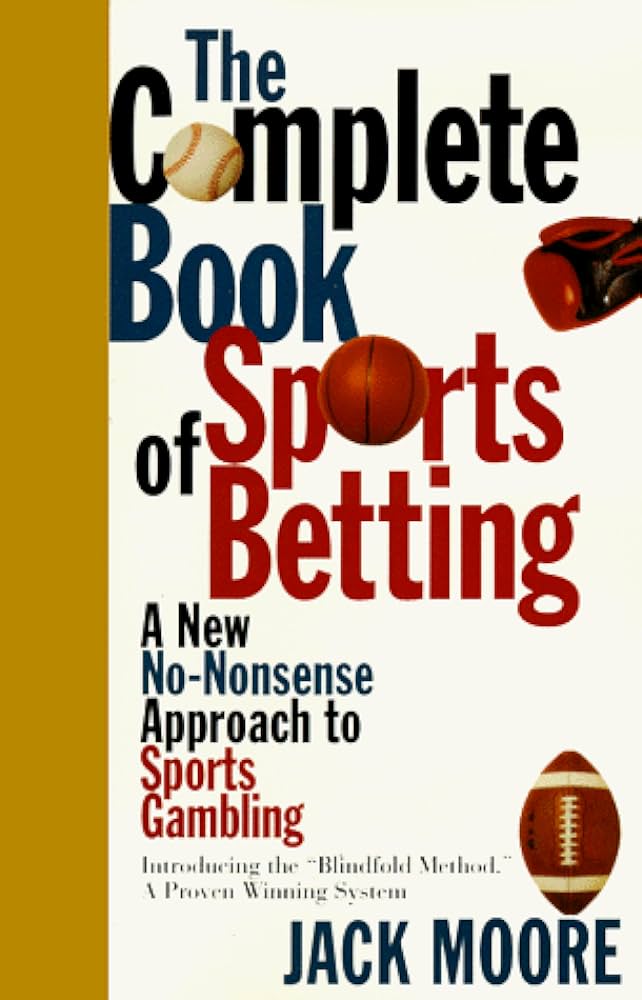
Conclusion
Arming oneself with knowledge in sports betting is not just about reading books; it’s about integrating that knowledge into your betting strategy. It requires an ongoing commitment to learning and staying informed. The world of sports betting is as dynamic as the sports themselves, and those who approach it with an educated and strategic mindset stand the best chance of success. So, pour yourself into these books, absorb their knowledge, and step into sports betting with a confident and informed perspective.

